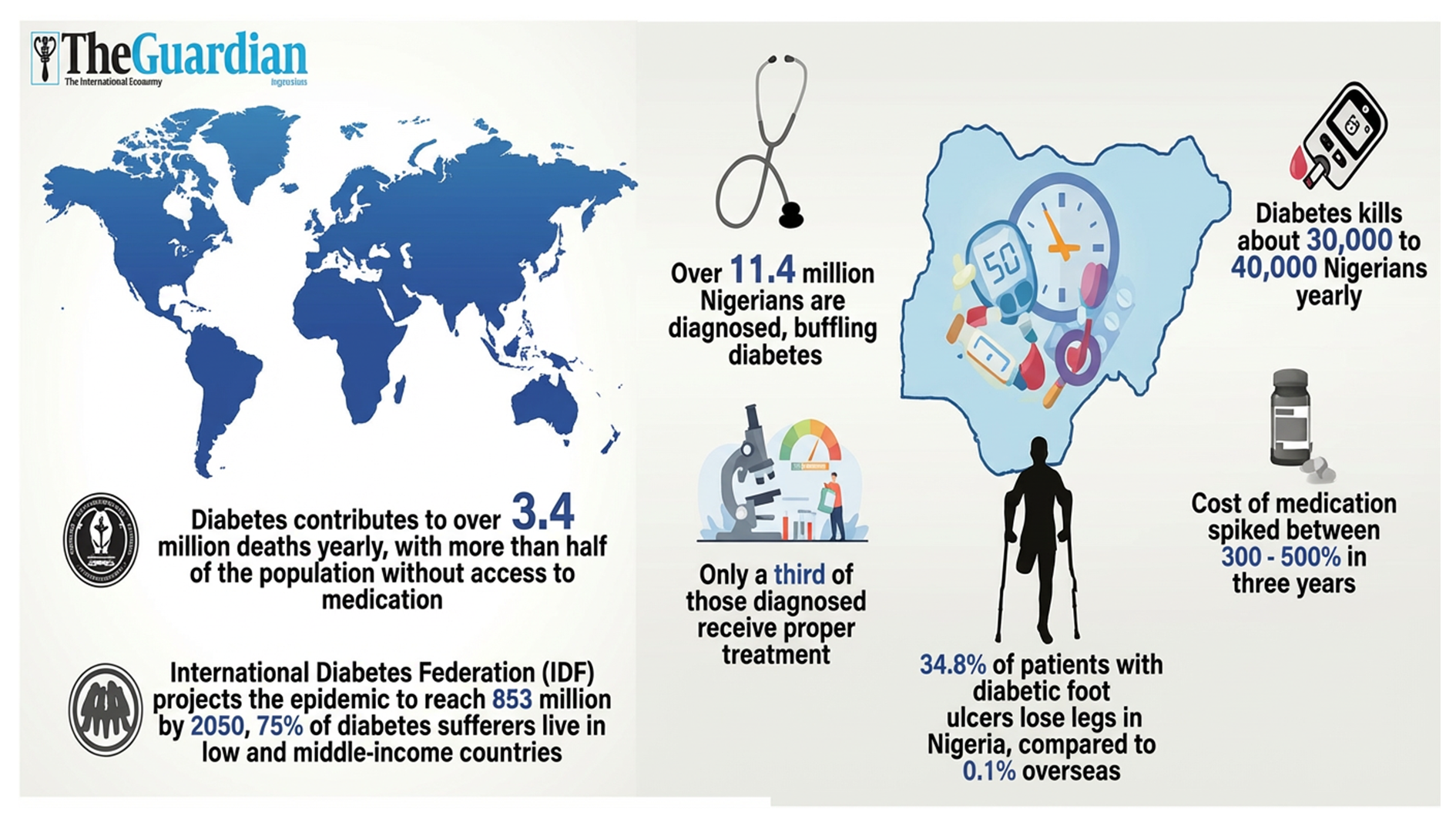The Federal Government has flagged off the smart toilet facility to stop open defecation, located at the Orange Market in Mararaba, Karu Local Government of Nasarawa State, to commemorate 2025 World Toilet Day in the country.
At the ceremony in Mararaba, the Minister of Environment, Balarabe A. Lawal, noted that this year’s theme, “Sanitation in a Changing World,” is timely as it reflects the evolving environmental, social, and public health challenges facing our nation and the world.
Lawal also stated that the day reminds us of the need to install proper sanitation systems, taking into consideration urbanisation and population growth, especially in our cities, saying access to a safe and clean toilet is not a privilege but a fundamental human right that protects health and safeguards our environment.
According to the Minister, this event is celebrated annually on 19th November to bring together governments, partners, civil society, and communities to reflect on the state of sanitation and reaffirm a shared commitment to ensuring safe and sustainable sanitation practices in the communities.
He said, “The World Toilet Day was designated by the United Nations General Assembly to draw global attention to the plight of billions of people who still live without access to safe toilets. Globally, about 4.5 billion people lack safely managed sanitation systems, while 892 million continue to practise open defecation.”
He argued that environmental sanitation is not just a matter of convenience, but is directly linked to public health, environmental protection, and economic productivity. Poor sanitation contributes to the transmission of diseases such as cholera, dysentery, typhoid, hepatitis A, and polio.
“In Nigeria, access to safe toilets remains a major public health and environmental challenge. Many public places, particularly markets, motor parks, schools, and communities, still lack adequate sanitary facilities,” he said.
“According to the National Demographic and Health Survey, access to improved sanitation remains below 36% for the majority of the population. The lack of clean and functional toilets in public places is the main cause of open defecation and contamination of food and water sources, leading to the spread of diseases.”
The Minister, therefore, commended development partners, especially UNICEF, the International Federation of Red Cross and Red Crescent Societies (IFRC), the Nigeria Red Cross Society, and eHealth Africa, the project investors, and the leadership of Orange Market for making today’s event possible.
Earlier, Regional Coordinator of the Global Task Force on Cholera Control, Dr. Stephen O. Ohize, said the ailment and other waterborne diseases spread quickly where there is open defecation, poor waste management, and unsafe water, adding that a lot is changing with increasing climate change and a growing population.
He also stated, “We will continue supporting multisectoral collaboration, evidence-based planning through hotspot mapping, community engagement, and investment that will lead to a cholera-free Nigeria.”






